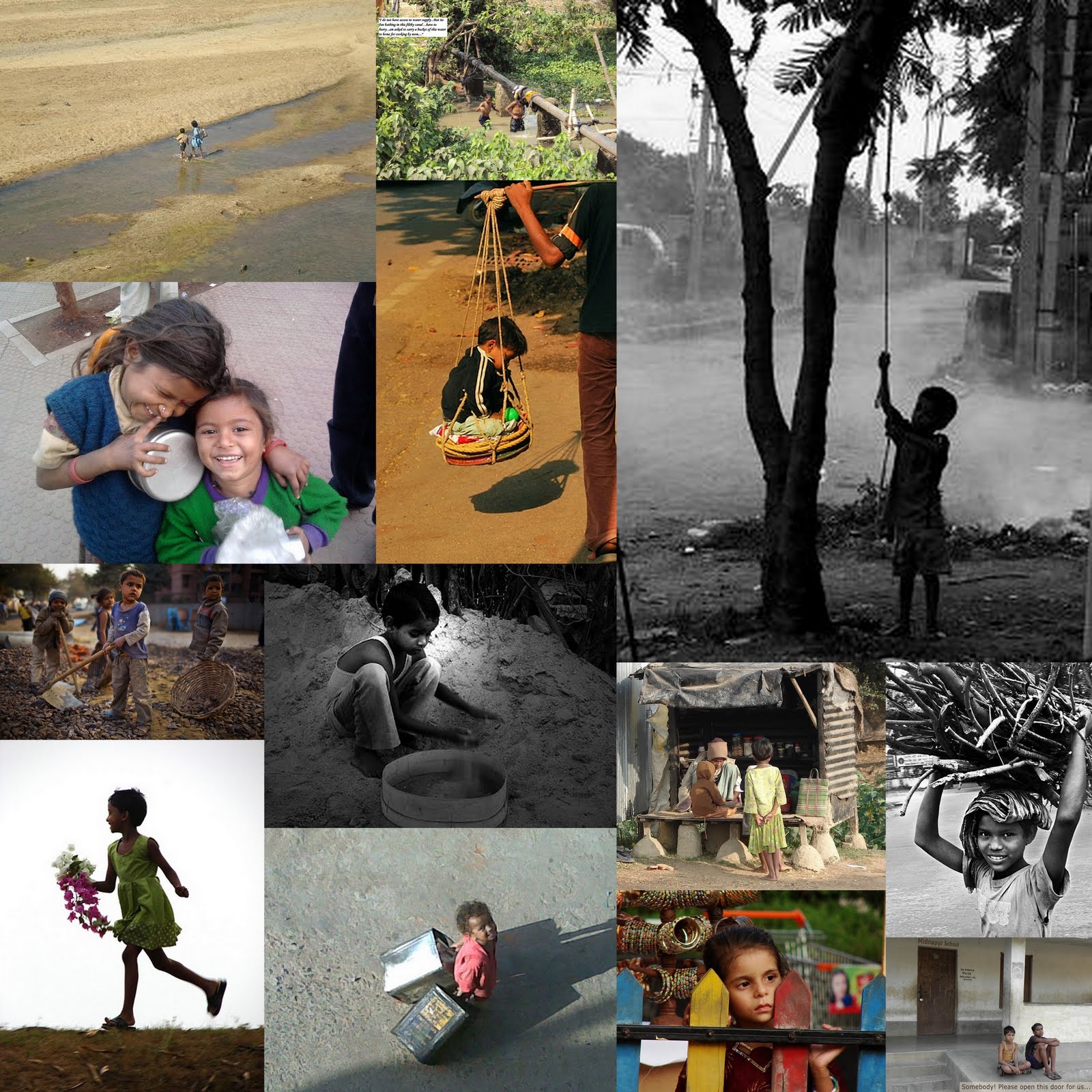 (Picture courtesy: JUPC)
(Picture courtesy: JUPC)The intolerance both visible and invisible, directed towards a girl child is the sole cause that acts as a hindrance for social development. CRY’s campaign “Go Girl- There is no stopping now” helps the underprivileged to overcome the trauma of discrimination. This is a noble activity and has stroked my mind the most.
It is sad and shameful that in a magnanimous population like ours, we can hardly reckon the number of women high fliers. The reason is that we as a society never takea firm stand to help womanhood flourish, realize and explore their true potentialities to the fullest. We need to wake up the sleepers now and generate awareness amongst them about the injustice caused to women for decades. We need to educate our fellow communities about the drawbacks that we have been facing because of immense suppression of a woman’s capabilities. We must focus on survival, proper health and education of a girl child as they are very important in her maturing into a person, who can take the charge of her own life.
She needs to be believed, encouraged and supported inher decisions. She deserves to be respected for her individuality – She is herself, not the imposition of someone else. To revolutionize this view we have to spark off an outlook that will change the normal thinking pattern and eliminate the trend of gender favoritism from our society completely.
All the possible barriers to a girl child’s education should be totally eradicated. The causes of low levels of literacy, especially among girls, should be judged thoroughly and must be abolished from the roots so as to achieve global development.
Priyanka Chakrabarti
.jpg)





